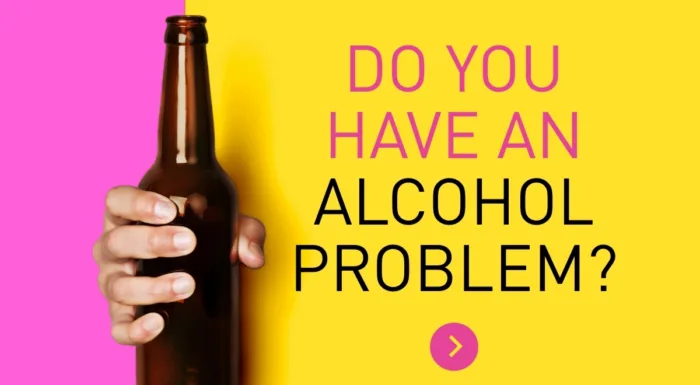Alcohol
There is hope
In our society, alcohol is often tied to celebrations. But for some people, drinking isn’t a cause for happiness. Because they’re unable to control themselves, alcohol use disorder leads people to drink to excess. It can have severe long-term consequences, even leading to possible death. And just one time drinking too much or drinking while driving can have disastrous effects.
TIPS FOR TALKING TO SOMEONE ABOUT THEIR DRINKING
Things that can HELP:
- Choose a time when your loved one is not drinking and you’re both calm and focused. Pick a place that’s quiet and private—where you won’t be interrupted—and turn off your phone and other devices to avoid distractions.
- Express your concerns in a caring way. Tell your loved one about the worries you have regarding their drinking and the effects it’s having on their health, your relationship, and the family as a whole. Try to remain neutral and be compassionate rather than judge your loved one’s behavior or try to shame them.
- Encourage your loved one to open up about the reasons why they’re abusing alcohol. Are they stressed, bored, lonely or anxious, for example? Many different factors could be contributing to their drinking, but to stay sober your loved one will need to address any underlying causes.
- Consider staging a family meeting or an intervention if you’d rather not go it .alone. Again, everyone needs to come from a place of caring, rather than see this as an opportunity to bully, accuse or vent their anger at the person with the drinking problem.
Things to AVOID:
- Don’t take any negative reactions personally. It may take several attempts to begin a real conversation with your loved one about their drinking. Expect pushbacks and denial. Give the person time and space to come to terms with your concerns and start to see the problem for themselves.
- Don’t attempt to threaten, punish, bribe or preach. Avoid emotional appeals that only add to the problem drinker’s feelings of guilt and increase their compulsion to drink. Offer advice, not ultimatums.
- Don’t cover up for your loved one or make excuses for their behavior. Trying to shield them from their responsibilities will only prevent them from seeing the negative consequences of their drinking and could delay them deciding to get help for the problem.
- Don’t blame yourself. You aren’t the reason for your loved one’s drinking problem, you aren’t guilty or responsible for their behavior and you can’t make them change.
Taken from: https://www.helpguide.org/arti...
Alcohol
101
An overview on alcohol provided by the Centers for Disease Control
Drinking
& Thinking
Tools and tips for the responsible use of alcohol
Megan’s
Story
A Tedx Talk given by a teenager who is a recovering alcoholic
Talking About
Drinking
How to talk to kids about the dangers of alcohol
